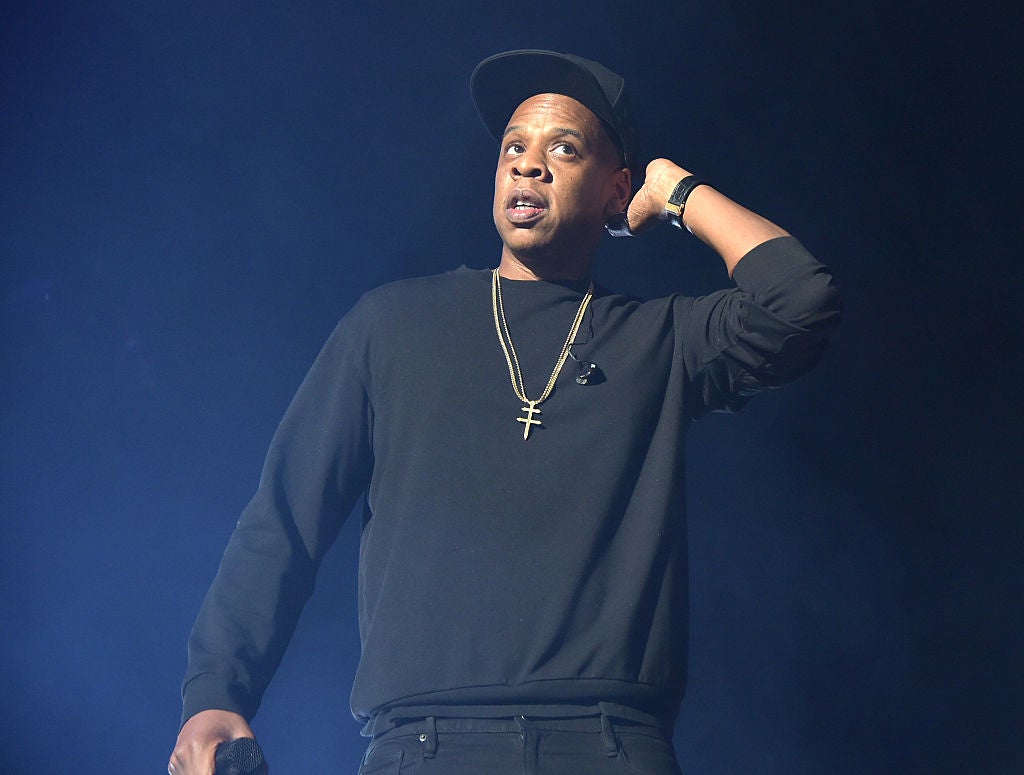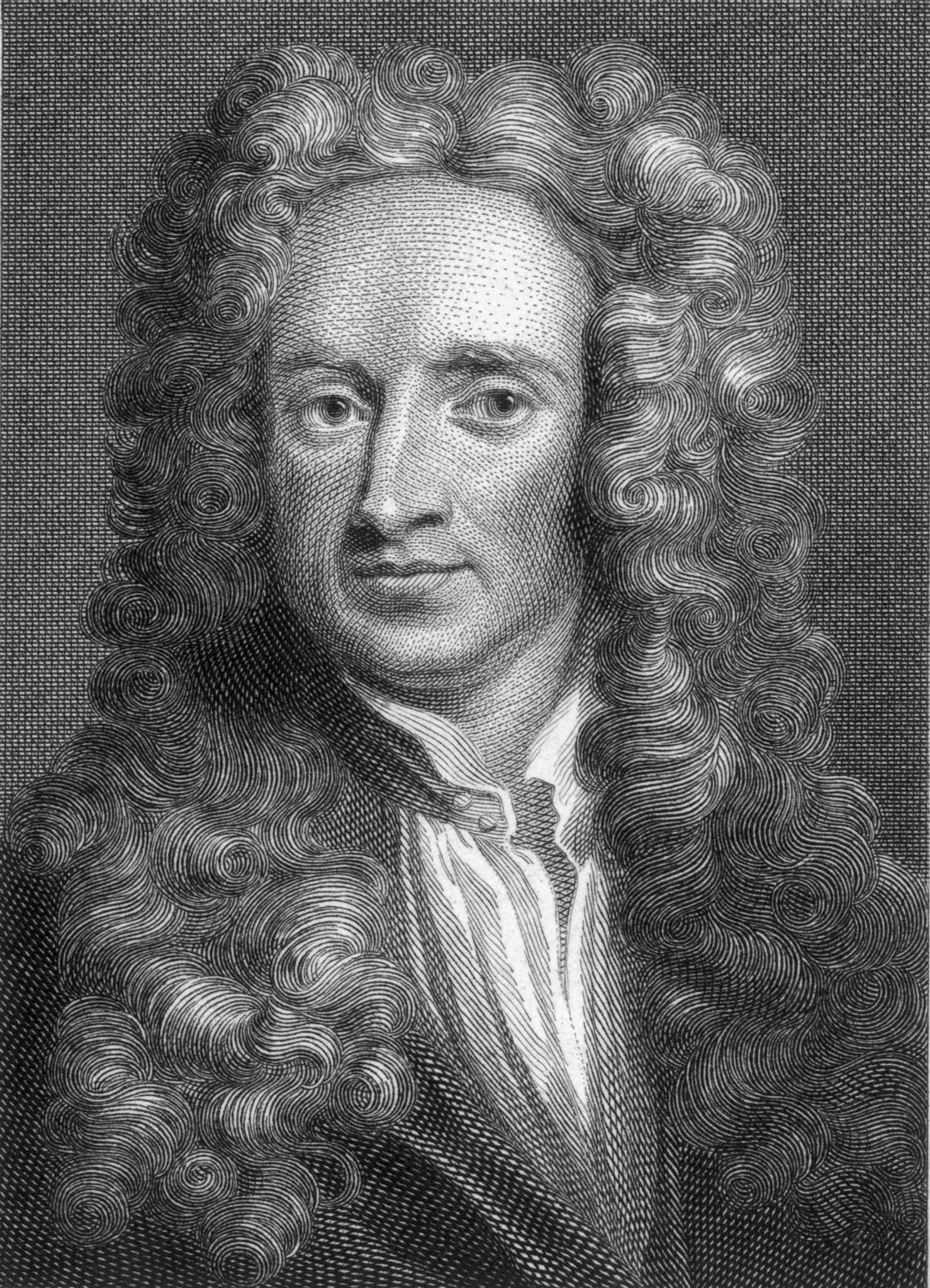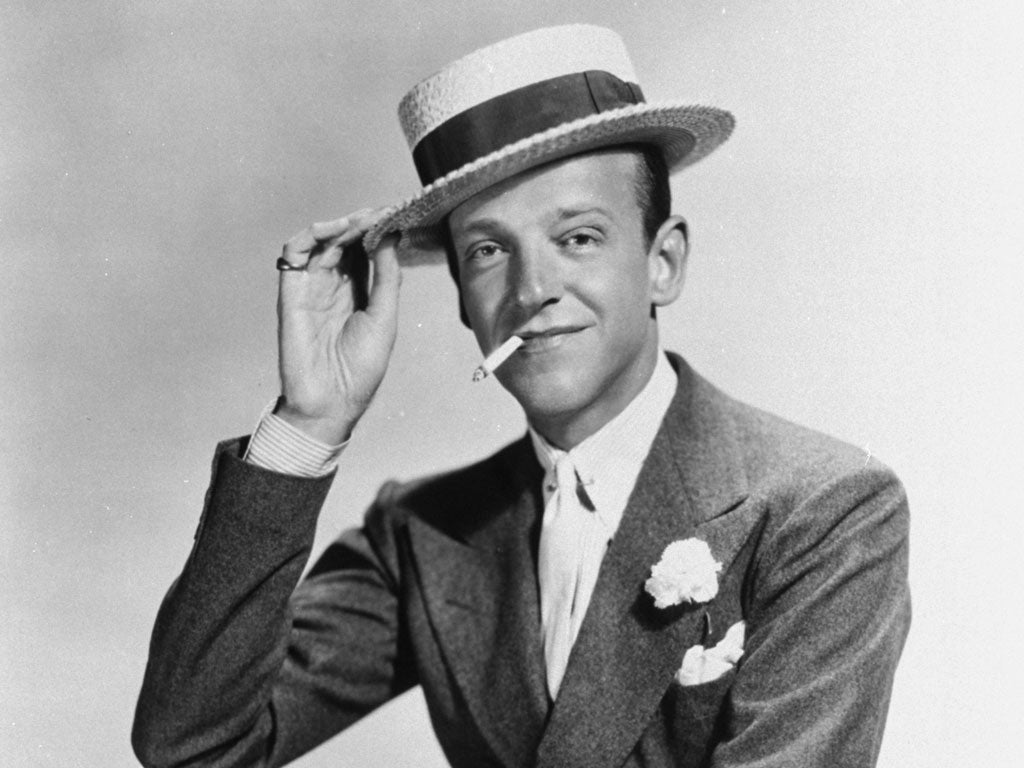29 famous people who failed before they succeeded
Weaker people might have given up. Instead, these folks remained focused on their goals - and the world is richer for it

Rejection can feel genuinely devastating. But before you retreat into your tear-stained hovel to plot a new, anonymous life as a subsistence farmer in rural Australia (not that there's anything wrong with that!), consider this: Some of the world's most successful people have failed — sometimes more than once.
We've put together a list of indisputably successes, from movie stars to scientists, who experienced massive failure before they found fame and fortune.
Weaker people might have given up. Instead, these folks remained focused on their goals.
Scroll on to see the underdogs who went on to change the world.
Walt Disney was fired from the Kansas City Star because his editor felt he “lacked imagination and had no good ideas.”
Several more of his businesses failed before the premiere of his movie Snow White. He went onto become the guy who redefined American childhood.
Oprah Winfrey was publicly fired from her first television job as an anchor in Baltimore for getting “too emotionally invested in her stories.”
But Winfrey rebounded and became the undisputed queen of television talk shows before amassing a media empire. Today she is worth a cool $3 billion, according to Forbes.

Steven Spielberg was rejected by the University of Southern California School of Cinematic Arts multiple times.
He went on to create the first summer blockbuster with Jaws in 1975, has won three Academy Awards, 4 Emmys, 7 Daytime Emmys, and his 27 movies have grossed more than $9 billion.
R.H. Macy had a series of failed retail ventures throughout his early career.
But at the age of 36, Macy launched R.H. Macy & Co., which grew to become Macy's, one of the largest department store chains in the world.
Soichiro Honda's unique vision got him ostracised by the Japanese business community.
Honda was a mechanical genius who idolised Edison and rebelled against the norm. His passion for aggressive individualism was more fit for the United States, and he found himself alienated him from Japanese businessmen, who valued teamwork above all else. Honda then boldly challenged the American automotive industry in the 1970s and led a Japanese automotive revolution.
Colonel Harland David Sanders was fired from dozens of jobs before founding a fried chicken empire.
He travelled across the US looking for someone to sell his fried chicken, and after finally getting a business deal in Utah, Kentucky Fried Chicken was born. KFC is now one of the most recognisable franchises in the world, with over 18,000 locations.
After having trouble adjusting to the culture and his classes, Dick Cheney dropped out of Yale — and then returned, only to drop out for good.
George W. Bush once joked: “So now we know if you graduate from Yale, you become president. If you drop out, you get to be vice president.”

Sir Isaac Newton's mother pulled him out of school as a boy so that he could run the family farm. He failed miserably.
Realising her son was not meant to till the land, she let Newton finish his basic education and was eventually persuaded to allow him to enrol in Cambridge University. Newton went on to become one of the greatest scientists of all time, revolutionising physics and mathematics.
Vera Wang failed to make the 1968 US Olympic figure-skating team. Then she became an editor at Vogue, but was passed over for the editor-in-chief position.
She began designing wedding gowns at age 40 and today is one of the premier designers in the fashion industry, with a business worth over $1 billion. (She also found another way back into skating, designing costumes for skating champion Nancy Kerrigan.)
Thomas Edison's teachers told him he was “too stupid to learn anything.”
After that, things stayed bleak for a while, as Edison went onto be fired from his first two jobs, for not being suitably productive.
Edison went on to hold more than 1,000 patents and invented some world-changing devices, like the phonograph, practical electrical lamp, and a movie camera.
When Sidney Poitier first auditioned for the American Negro Theatre, he flubbed his lines and spoke in a heavy Caribbean accent, which made the director angrily tell him to stop wasting his time and go get a job as a dishwasher.
Poitier worked on his craft and eventually became a hugely successful Hollywood star. He won an Academy Award for Best Actor (Lillies of the Field, 1963) and helped break down the colour barrier in the American film industry.
As a child, Albert Einstein had some difficulty communicating and learning in a traditional manner.
Of course, Einstein's communication and behavioural problems were not indicative of a lack of intelligence. He went on to win the Nobel prize in physics for the discovery of the photoelectric effect, and his special theory of relativity theory corrected the deficiencies of Newtonian physics.

In one of Fred Astaire's first screen tests, an executive wrote: “Can't sing. Can't act. Slightly balding. Can dance a little.”
Astaire went on to become a Hollywood and Broadway legend.
J.K. Rowling was a single mom living off welfare when she began writing the first Harry Potter novel.
Rowling is now internationally renowned for her seven-book Harry Potter series and, in US currency, became the first billionaire author in 2004.
Charles Darwin was considered an average student. He gave up on a career in medicine and was going to school to become a parson.
But as Darwin studied nature, he found his true calling and travelled the world to uncover nature's mysteries. His writings, especially On the Origin of Species, fundamentally changed the world of science by spreading the discovery of evolution.
Vincent Van Gogh sold only one painting, “The Red Vineyard,” in his life, and the sale was just months before his death.
If he had given up his artistic career after it proved to strain his financial and emotional well-being, the art world would be missing hundreds of paintings from a true master.
After Harrison Ford's first small movie role, an executive took him into his office and told him he'd never succeed in the movie business.
Ford's career went on to span six decades, and has included timeless starring roles in blockbuster films like the “Star Wars” and “Indiana Jones” series.
Theodor Seuss Geisel, better known as Dr. Seuss, had his first book rejected by 27 different publishers.
Dr. Seuss became a legendary children's author known around the world for classics like The Cat in the Hat and Green Eggs and Ham. His books have sold over 600 million copies.
Lucille Ball appeared in so many second-tier films at the start of her career that she became known as “The Queen of B Movies.”
Then she got her big break when CBS picked up her and her husband Desi Arnaz's vaudeville act and turned it into the highly influential sitcom I Love Lucy.

Winston Churchill was estranged from his political party over ideological disagreements during the “wilderness years” of 1929 to 1939.
At the outbreak of World War II on 3 September 1939, Churchill was appointed to the British Admiralty, thus ending his “exile.” The next year, he was elected prime minister at the age of 62.
A young Henry Ford ruined his reputation with a couple of failed automobile businesses.
However, after conducting a search, he was finally able to find a partner who had faith in him. Ford proved he had learned from his mistakes when Ford Motor Company forever changed the automotive industry and culture with his assembly line mode of production.
While developing his vacuum, Sir James Dyson went through 5,126 failed prototypes and his savings over 15 years.
But the 5,127th prototype worked, and the Dyson brand became the best-selling bagless vacuum brand in the United States. He is now worth an estimated $4.9 billion, according to Forbes.
Stephen King grew so frustrated over his attempt to write the novel Carrie that he threw away the entire early draft.
King's wife Tabitha found the manuscript in the trash and took it out. Carrie became a hit and launched his career. His novels have since sold over 350 million copies.

Carey Mulligan was rejected from every single drama school she applied to. An auditor at Drama Center London told her to be a “children's TV show presenter” instead.
“They were like, 'Go home! Or at least experience something other than boarding school,'” she recalls. She did, and has since gone onto starring roles on Broadway (Skylight, The Seagull) and in Hollywood (An Education, Shame).
NPR icon Terry Gross was fired from her first teaching job after approximately six weeks.
A newly graduated English major, Gross did what many of us do: she took a teaching job in Buffalo's toughest inner city junior high. “I couldn't keep the students in the classroom, I couldn't teach them a lesson, I couldn't do anything,” she told Marc Maron onstage at Brooklyn Academy of Music. Her tenure lasted all of six weeks.
Gross then discovered radio, and her long-running interview show, Fresh Air now reaches more than 5 million listeners on 450 stations.
Saul Bellow's college English professor, the famed Norman Maclean, said he showed no signs of literary greatness and ultimately dismissed him as “a dud.”
Bellow — who went onto write masterworks like The Adventures of Augie March and Humboldt's Gift — ultimately won the Pulitzer Prize, the Nobel Prize for Literature, a Guggenheim, and the National Medal of Arts. He is also the only writer to win the National Book Award for Fiction three separate times, and received the National Book Foundation's Medal for Distinguished Contribution to American Letters.

Lady Gaga got dropped by her record label, Island Def Jam, after 3 months. Upon receiving the news, she “cried so hard she couldn't talk.”
Now, Stefani Germanotta is a pop icon, the winner of six Grammy awards and a Songwriters Hall of Fame award. She's a regular on Billboard's Artists of the Year lists, is known for her activism (LGBT rights and HIV/AIDS prevention), and is worth $59 million, according to Forbes.
Ang Lee failed Taiwan's college entrance exams — twice. Then he tried to go to acting school, but his English wasn't good enough.
“I was always in shame that I could not focus on books,” Lee told ABC News. “And I failed the college examinations. My father was my high school principle...That was bad.” In theater school, he fell in love with the stage, but his English wasn't good enough.
Now, he's an a three-time Academy Award-winning director, and the man behind mega hits like Crouching Tiger Hidden Dragon, Life of Pi, and Brokeback Mountain.
A young Jay-Z couldn't get any record label to sign him.
Growing up in the Marcy Projects in Brooklyn, Jay-Z worked to perfect his flow, his lyrics, and his references. When he couldn't get a single bite on his first CD, he and his friends sold the record “out of the boot of their car next to Gray's Papaya.”
Now, the musician — who's also an investor and entrepreneur — is worth $550 million, according to Forbes.
• Take a look inside an exclusive San Francisco street bought for $90K
• Son of Dubai billionaire wraps £200,000 Ferrari in Louis Vuitton print
• How North Korean leader Kim Jong-un became one of the world's scariest dictators
Read the original article on Business Insider UK. © 2017. Follow Business Insider UK on Twitter.
Join our commenting forum
Join thought-provoking conversations, follow other Independent readers and see their replies
Comments
Bookmark popover
Removed from bookmarks